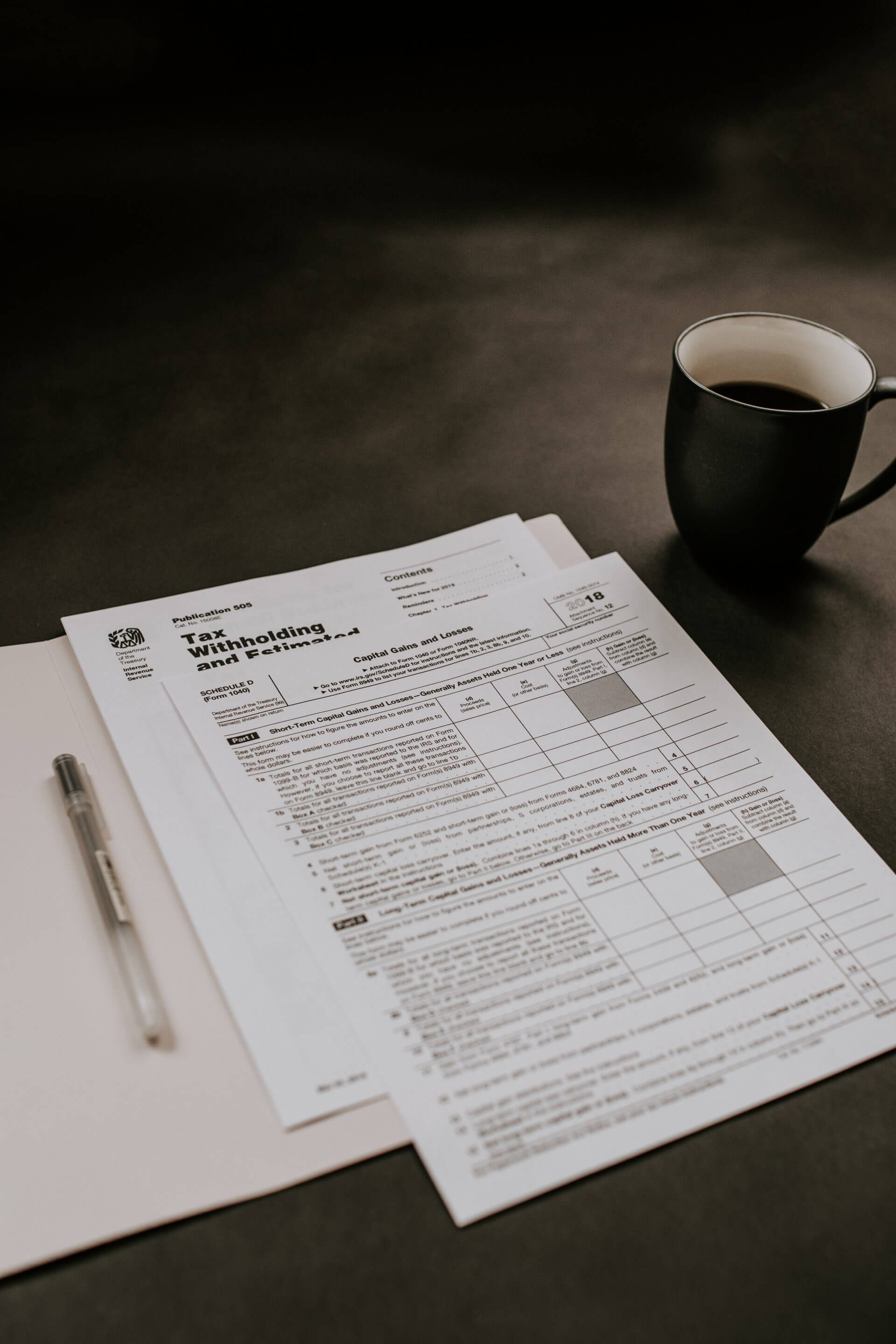It’s the last thing you want to see after filing your taxes, especially if you were one of many Americans who found themselves owing the IRS money this year.
Don’t worry if you receive one of the millions of notices and letters the IRS sends to taxpayers every year, but don’t ignore it either. You’re not alone; the IRS estimates that more than 40% of all taxpayers receive correspondence from them each year. Letters or notices from the IRS are typically about a specific issue on your federal tax return or the balance of your tax account. The communication from the IRS will include specific instructions on what information to provide or what you need to do to respond to the letter or notice.
Why was I contacted by the IRS?
The IRS sends notices and letters for the following reasons:
- You have a balance due
- You are due a larger or smaller refund than you anticipated
- The IRS has a question about your tax return
- The IRS needs to verify your identity
- The IRS needs additional information
- The IRS changed your return
- The IRS is notifying you of a delay in processing your return
When you open the notice, pay attention to the code in the first page in the upper right-hand corner. You can search this code on the IRS website to garner more information on what the notice is about, what you need to do, what you may want to do, and even tips for next year. For example, if you receive a CP14 notice because you owe money on unpaid taxes, the IRS provides links on its website to help you enroll in a payment plan online as well as answers to common questions such as, “Am I charged interest on the money I owe?”
What if I disagree with the notice?
If you do not agree with the notice, it’s imperative that you respond. Seek out professional help! You will need to write a detailed letter to explain why you disagree. Information and documentation you want the IRS to consider must be included. Once you have all your documents in order, mail your reply with the bottom tear-off portion of the notice to the address shown in the upper left-hand corner. You’ll likely wait at least 30 days before you receive a response, so be patient.
If you agree with the notice, you typically won’t need to reply, unless your notice gives you specific instructions or tell you to make a payment. Either way, don’t ignore a notice or letter from the IRS.
What if I receive a letter or notice from the Georgia Department of Revenue (GDOR)?
Like communications from the IRS, any letter you receive from the GDOR will provide you with specific instructions on what you need to do.
Most taxpayers will need professional assistance to properly respond to tax notices. In no case should you send payment without fully understanding why there is an amount due and if it has been properly calculated. Professionals at Fricke and Associates, PC are here to help you. Please do not hesitate to contact us.
